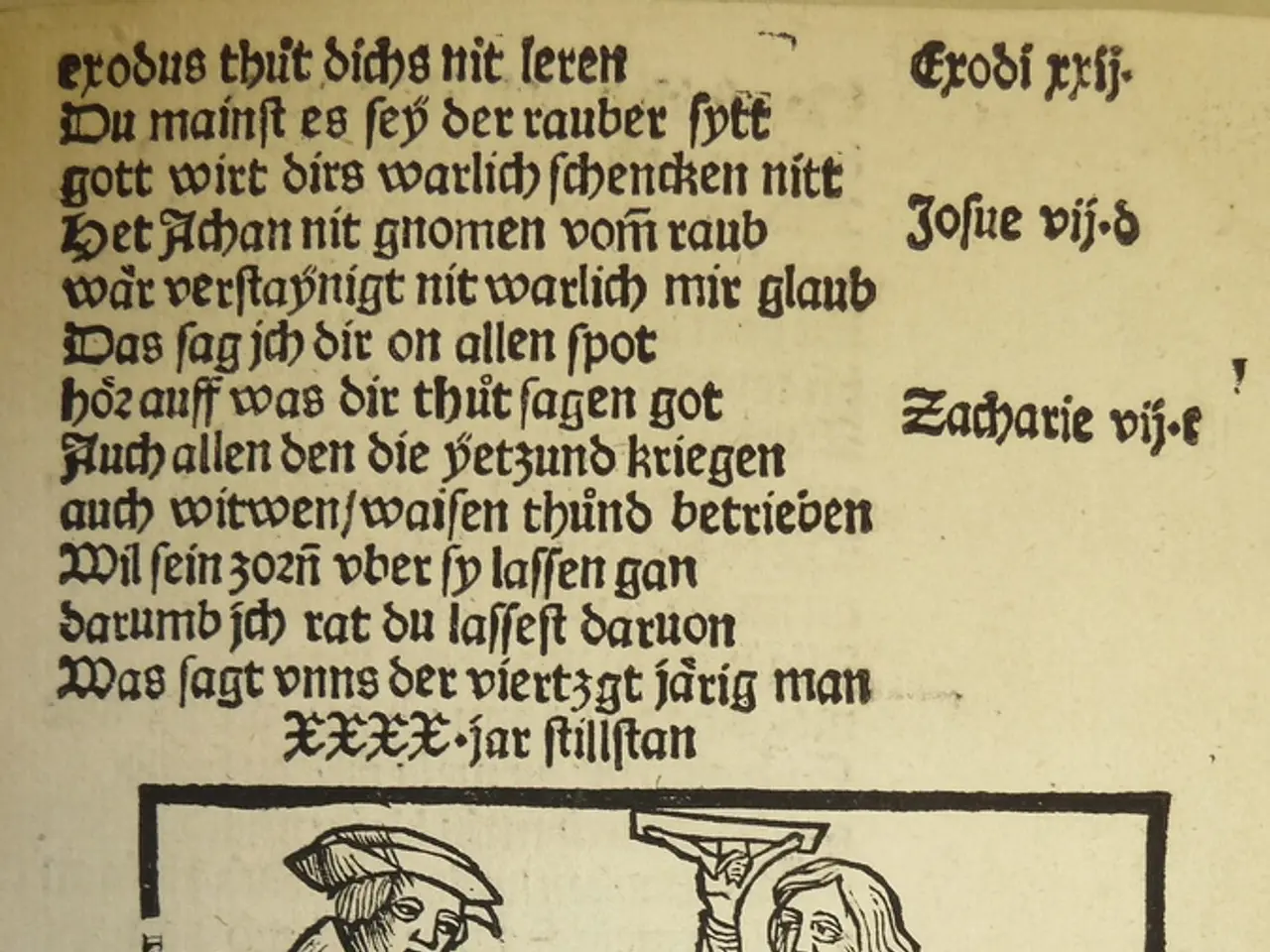Estonia's Language Reform Sparks Controversy in Russian-Speaking Narva
Estonia's ambitious language reform, aiming for nationwide Estonian-only instruction by 2030, faces challenges and controversies. The plan, intended to foster integration and security, may infringe on minority rights and contradict EU values, particularly in the predominantly Russian-speaking town of Narva.
Narva, a border town with around 95% Russian-speaking residents, currently has no schools teaching both Estonian and Russian. Existing Russian-language schools are set to transition to Estonian-only instruction by 2030, with no bilingual system in place. This change could disenfranchise the Russian minority, many of whom struggle with Estonian due to language barriers.
The reform's impact on Narva's residents is significant. Around two-thirds hold Russian or 'grey' passports, indicating their struggle to integrate fully. Moreover, Narva's isolation and reliance on Russian-language state media make it a potential target for Russian attacks on NATO. A more inclusive approach, such as bilingual schools, could mitigate these concerns.
Estonia's language reform seeks to promote integration and security but risks alienating the Russian minority. In Narva, where Russian speakers dominate, the transition to Estonian-only instruction may exacerbate socio-economic disadvantages and fuel tensions. A more inclusive educational system could help navigate these challenges and uphold Estonia's commitment to EU values.




